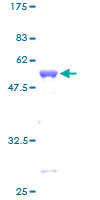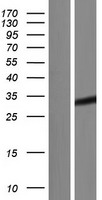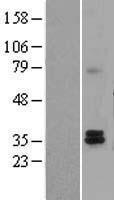order histories, retained contact details for faster checkout, review submissions, and special promotions.
Forgot password?
order histories, retained contact details for faster checkout, review submissions, and special promotions.
Locations
Orders Processing,
Shipping & Receiving,
Warehouse
2 Shaker Rd Suites
B001/B101
Shirley, MA 01464
Production Lab
Floor 6, Suite 620
20700 44th Avenue W
Lynnwood, WA 98036
Telephone Numbers
Tel: +1 (206) 374-1102
Fax: +1 (206) 577-4565
Contact Us
Additional Contact Details
order histories, retained contact details for faster checkout, review submissions, and special promotions.
Forgot password?
order histories, retained contact details for faster checkout, review submissions, and special promotions.
TAZ
tafazzin
TAZ is a protein that is expressed at high levels in cardiac and skeletal muscle. Mutations in this gene have been associated with a number of clinical disorders including Barth syndrome, dilated cardiomyopathy (DCM), hypertrophic DCM, endocardial fibroelastosis, and left ventricular noncompaction (LVNC). Multiple transcript variants encoding different isoforms have been described. A long form and a short form of each of these isoforms is produced; the short form lacks a hydrophobic leader sequence and may exist as a cytoplasmic protein rather than being membrane-bound. Other alternatively spliced transcripts have been described but the full-length nature of all these transcripts is not known.
| Gene Name: | tafazzin |
| Synonyms: | TAZ, BTHS, EFE, Endocardial fibroelastosis 2, EFE2, LVNCX, Protein G4.5, Tafazzin, CMD3A, G4.5, TAZ1, XAP-2 |
| Target Sequences: | NM_000116 NP_000107.1 Q16635 |








If you do not find the reagent or information you require, please contact Customer.Support@LSBio.com to inquire about additional products in development.









